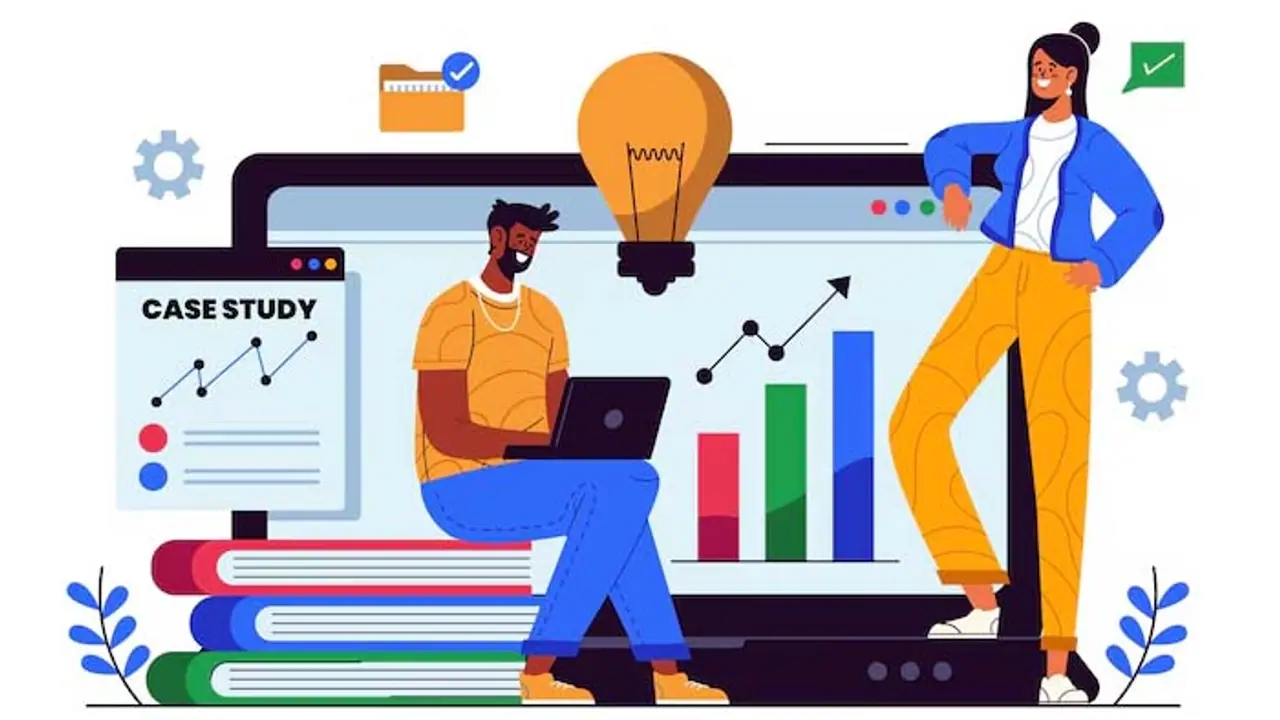Gen Z is entering the workforce with a powerful edge: emotional intelligence. From prioritizing mental health to promoting inclusive communication, this generation is redefining what a modern, mindful workplace looks like.
Gen Z, born around the mid-1990s to early 2010s, is entering offices with a new attitude—one based on emotional intelligence (EQ) rather than stereotypical ideas of stiff professionalism. With strong sensitivities to mental health, empathy, and respectful communication, this generation is transforming offices through subtle yet significant changes.

7 ways Gen z is reshaping office dynamics:
These are 7 methods Gen Z is leveraging emotional intelligence to reform contemporary office cultures.
1. Normalizing Mental Health Discussions
Gen Z does not subscribe to stuffing feelings for the sake of professionalism. They are more likely to discuss stress, burnout, and anxiety at work openly, making it easier for a culture where mental health is no longer stigmatized. This transparency nudges employers towards implementing wellness policies and mental health days.
2. Prioritizing Empathetic Communication
Cold, hierarchical interactions are a thing of the past. Gen Z prefers honest, emotionally intelligent communication—whether that's giving feedback kindly, making clear boundaries, or helping peers through active listening. They anticipate emotional safety at work and provide the same in exchange.
3. Encouraging Inclusive Leadership Styles
Gen Z prefers emotionally intelligent, collaborative leaders to autocratic ones. They prefer managers who listen without judgment, are transparent, and vulnerable when necessary. This change is forcing leaders to accept EQ as a leadership attribute, not a soft skill.
4. Promoting Work-Life Balance
With a clear understanding of emotional awareness, Gen Z is aware of the risks involved in hustle culture. They speak out against the necessity for balance, rejecting unrealistic timelines and self-care as non-negotiables without shame. Such mindsets are fostering healthier workplace boundaries across generations.
5. Leading with Values and Purpose
Gen Z workers aren't looking for only a paycheck—they're looking for their work to have meaning. Whether it's climate awareness, DEI (Diversity, Equity, and Inclusion), or values-driven leadership, they apply emotional intelligence to select employers and assignments that embody purpose and authenticity.
6. Vulnerability as Strength
Instead of concealing struggles or errors, Gen Z considers vulnerability a strong unifier. Acknowledging when they're stuck or uncertain creates more genuine cooperation and credibility among teams—shattering toxic perfectionism for the sake of shared improvement.
7. Redefining Conflict Resolution
Rather than sidestepping conflict or blowing it up, Gen Z is more likely to navigate disagreement with emotional intelligence. They're more apt to say, "What's really going on here?" than go on the defensive. This emotionally intelligent strategy creates healthier team dynamics and quicker resolution.
Gen Z is showing that emotional intelligence is not a buzzword—it's the key to next-gen workplaces. By espousing empathy, openness, and mental health, they're not only making office life better but also redefining what it means to be truly professional. And the best part? Everyone gains.


